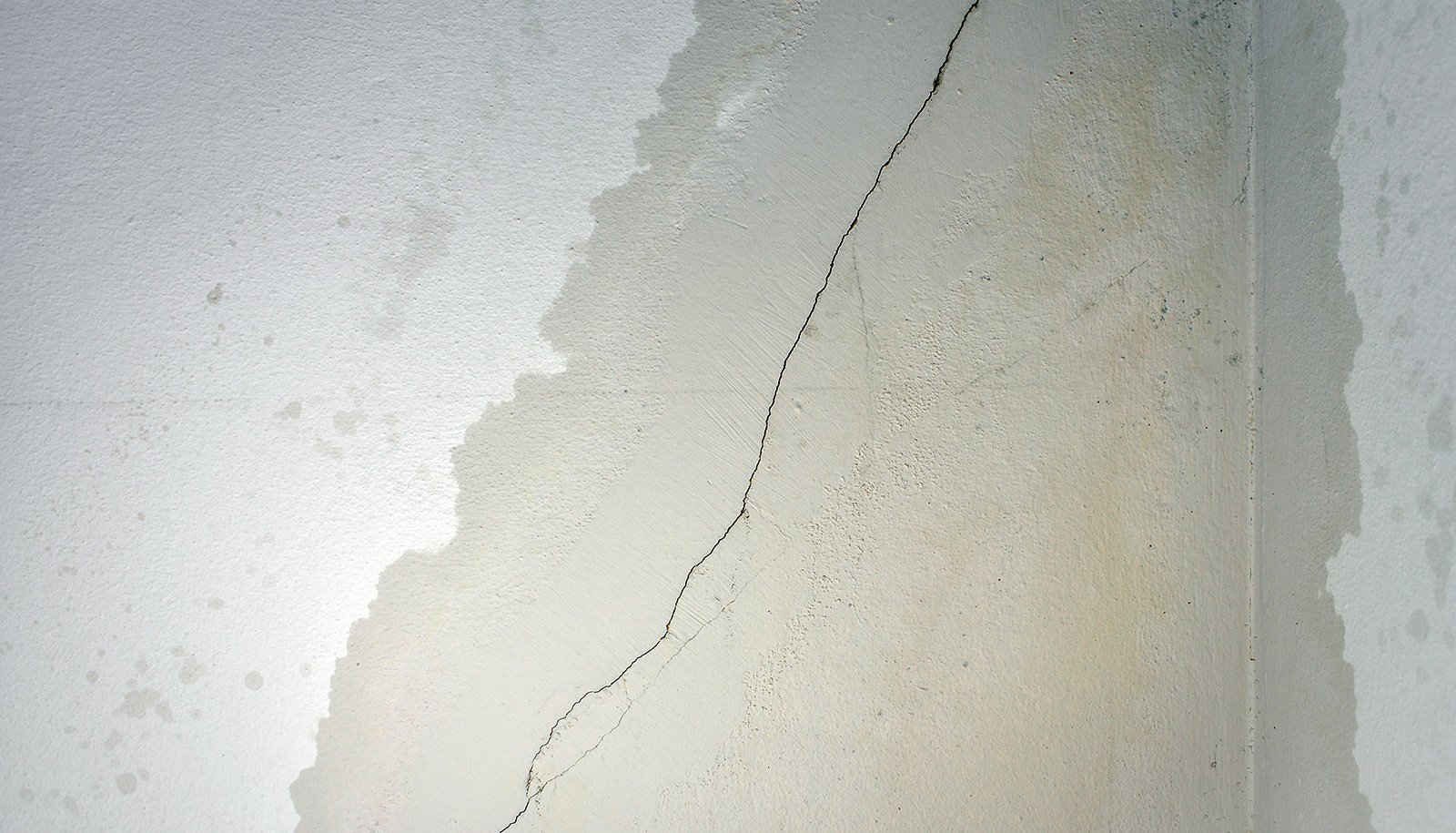Water damage in rental properties can cause concern for both tenants and landlords. When faced with water-related issues, it’s essential to understand the responsibilities of each party involved.
In this post, we’ll explore the topic of water damage and discuss whether tenants or landlords are responsible for addressing and resolving such issues.
UNDERSTANDING WATER DAMAGE
Water damage is any damage caused by the intrusion or accumulation of water within a property. It can occur for various reasons – including leaks from plumbing systems, faulty appliances, flooding, or natural disasters.
Regardless of the cause, water damage can lead to structural damage, mold growth, and potential health hazards if not promptly addressed.
RESPONSIBILITIES OF LANDLORDS
As property owners, landlords have certain responsibilities in maintaining their rental properties. These responsibilities extend to preventing and addressing water damage effectively. Landlords are expected to:
● Regular Inspections & Maintenance: Landlords should conduct regular inspections of the property to identify any potential sources of water damage. By addressing any issues promptly, landlords can prevent further damage and ensure the safety of their tenants.
● Repairs & Fixes: In most leases, it’s the landlord's responsibility to repair any existing water damage or plumbing issues as soon as the tenant reports them. Failure to do so may result in further damage and potential legal consequences.
● Compliance with Legal Obligations: Landlords must comply with local housing regulations and laws governing their water damage responsibilities. These laws may vary depending on the jurisdiction, so landlords must familiarize themselves with the specific requirements in their area.
TENANT’S RESPONSIBILITIES
While landlords bear the primary responsibility for maintaining rental properties, tenants also have certain obligations regarding water damage prevention and reporting. Tenants should:
● Reporting Issues Promptly: Tenants should promptly report any signs of water damage or plumbing issues to their landlord. This includes leaks, mold growth, or any other potential sources of water damage. Timely reporting allows landlords to address the issue promptly and minimize further damage.
● Proper Usage of Appliances: Tenants should use appliances that involve water, such as washing machines and dishwashers, responsibly and according to the manufacturer's instructions. Improper usage can lead to water leaks and subsequent damage.
● Mitigating Damage: In the event of water damage, tenants are expected to take steps to mitigate further damage. This may include shutting off the water supply, removing personal belongings from affected areas, or using towels or buckets to contain the water if possible.
DETERMINING LIABILITY
The determination of liability for water damage depends on various factors, including the cause of the damage, negligence, and the terms outlined in the lease agreement. It’s crucial to review the lease agreement thoroughly to understand the specific responsibilities of both parties.
In general, if the water damage is a result of the landlord's negligence – such as failing to address plumbing issues or faulty construction – the landlord is typically held responsible. Conversely, if the damage is caused by the tenant's actions or failure to report issues promptly, the tenant may be liable.
HOME INSURANCE COVERAGE
To protect themselves from potential financial burdens arising from water damage, tenants are strongly encouraged to obtain renters insurance. While the landlord's insurance typically covers the building structure, it does not typically cover the tenant's personal belongings or liability for any damage caused by the tenant.
Renters insurance can provide coverage for personal property damaged by water as well as liability coverage in case the tenant is deemed responsible for the damage. Tenants should review their insurance policies carefully to understand what is covered regarding water damage.
3 STEPS TO TAKE IN CASE OF WATER DAMAGE
If a tenant discovers water damage in their rental property, it’s critical to take the following steps:
1. Document the Damage: Take photographs or videos of the affected areas to provide evidence of the water damage.
2. Notify the Landlord: Immediately report the water damage to the landlord, providing detailed information about the extent of the damage and any potential causes.
3. Mitigate Further Damage: Take necessary measures to mitigate further damage, such as shutting off the water supply, drying out affected areas, or relocating personal belongings if necessary.
RESOLVING DISPUTES
When it comes to water damage, determining who is responsible can be a complicated matter. Tenants and landlords may find themselves in a dispute over liability in these situations.
However, there are various avenues for resolving these disagreements, such as mediation or negotiation. If these methods prove unsuccessful, legal action may be necessary.
It’s critical to seek legal advice or consult local housing authorities to understand what options are available in your jurisdiction, as laws can vary from state to state. Ultimately, resolving disputes over water damage will require cooperation and communication from both tenants and landlords.
Both tenants and landlords have responsibilities when it comes to preventing and addressing water damage in rental properties. While landlords bear the primary responsibility for property maintenance, tenants must promptly report any signs of water damage and use appliances responsibly.
By understanding their respective responsibilities and taking proactive measures, both parties can work together to minimize the risks associated with water damage in rental properties.
If you need help finding the best renters insurance coverage for the best price, start by speaking to a SimplyIOA agent at 833.872.4467 or contact us now.










